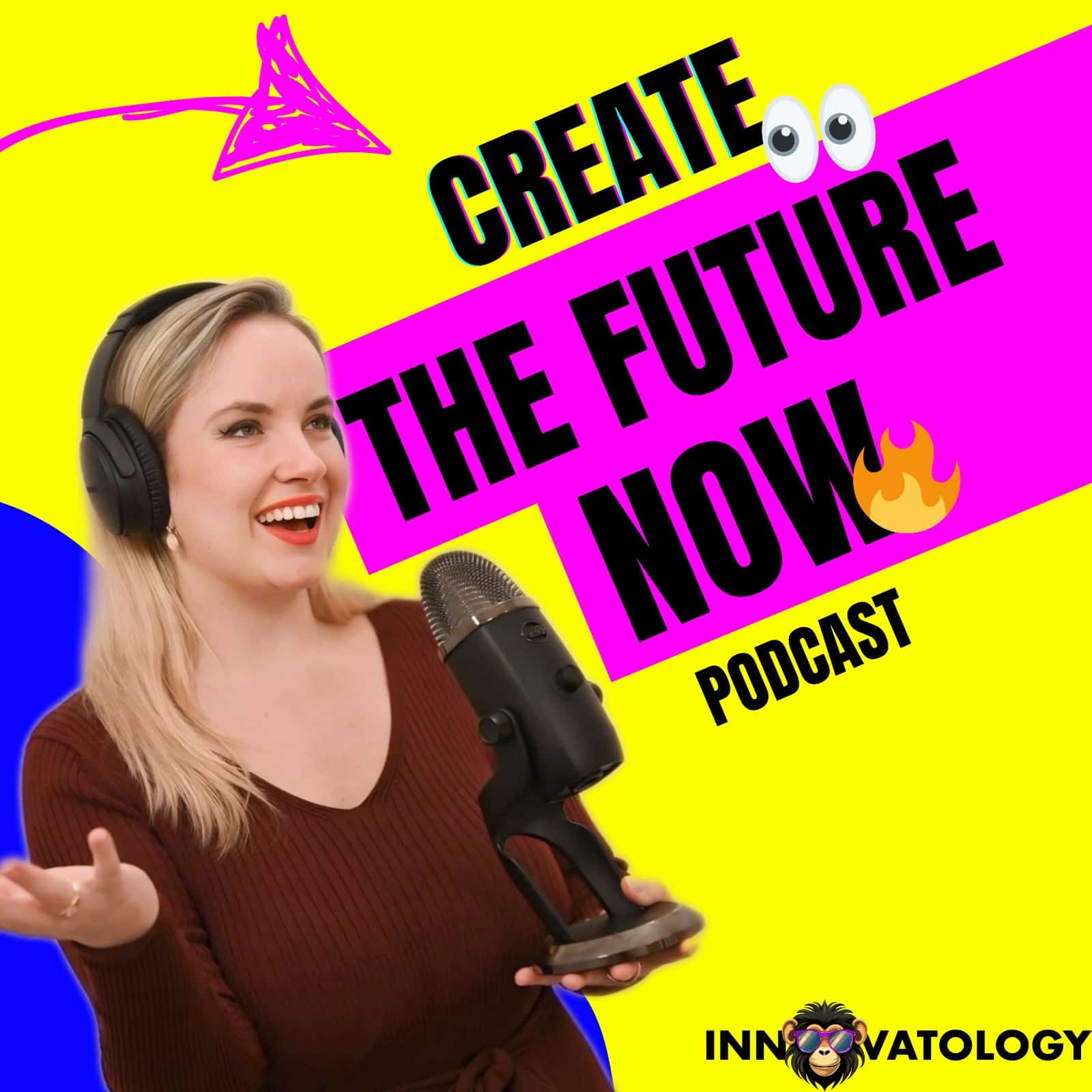Smart work and AI tools to avoid working hard. Hardly working or working hard? In this episode of our podcast, we explore together with Olga Brumnik the transformative power of smart work over traditional hard work, emphasizing that achieving significant results in life doesn’t require endless hours of labour but a strategic approach to tasks. We discuss the benefits of smart work, such as improved productivity, better work-life balance, and enhanced creativity. A key focus is on the role of AI tools in simplifying tasks, automating mundane activities, and providing data-driven insights, thereby boosting efficiency. By leveraging AI-powered personal assistants, businesses and individuals can streamline operations and manage daily tasks more effectively. The episode highlights real-world applications of AI in business and personal productivity, urging listeners to stay updated with AI advancements and consider ethical implications. Embrace smart work with AI tools to enhance productivity, achieve work-life balance, and unlock creativity.
Transcript;
00:00:00
Working hard or hardly working, it’s a topic we’re going to be addressing in today’s podcast. So this podcast, thank you for everyone joining us today, is called the Create the Future Now podcast, hosted by Innovatology, together by Marie and myself, Cedric, where we explore as the one-stop shop the latest tech and innovations and how we can address them in our real life and make it happen. Today, we have a very interesting guest, Olga Brumik, who is a digital transformation expert, and she’s actually going to help us clarify how we can start working smart, because working smart is not necessarily the same as working hard. So, Olga, can you give us a bit more of background, how you got to become where you are right now? Thank you for being here.
00:00:55
I’m very happy to have a discussion with you today. So, yes, nice topics, work smart or hard or whatever. So, where I am now, I’m a self-employed business consultant for digital transformation, helping companies to implement or roll out new softwares, to choose the right tools to make project management and so on. How did I get here? I’m located in Munich, so many greetings from Munich, from Germany. Today is very hot weather. We have 35 degrees, I believe. Really hot. Yeah, especially for Munich. And I have a kind of a long journey. I was starting and working here in Germany, in Munich, and also living and starting in Austria, in Italy, originally coming from Russia. So, it’s quite a long story. I was working in different enterprises and different companies with main focus on logistic and supply chain management.






